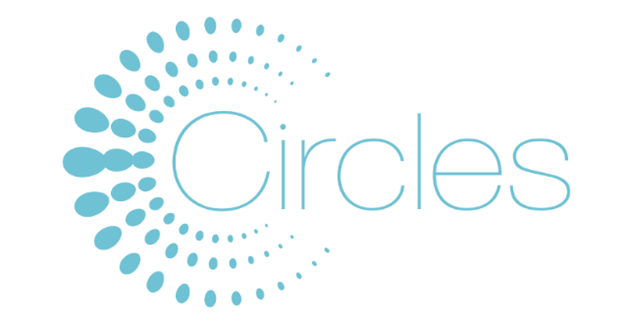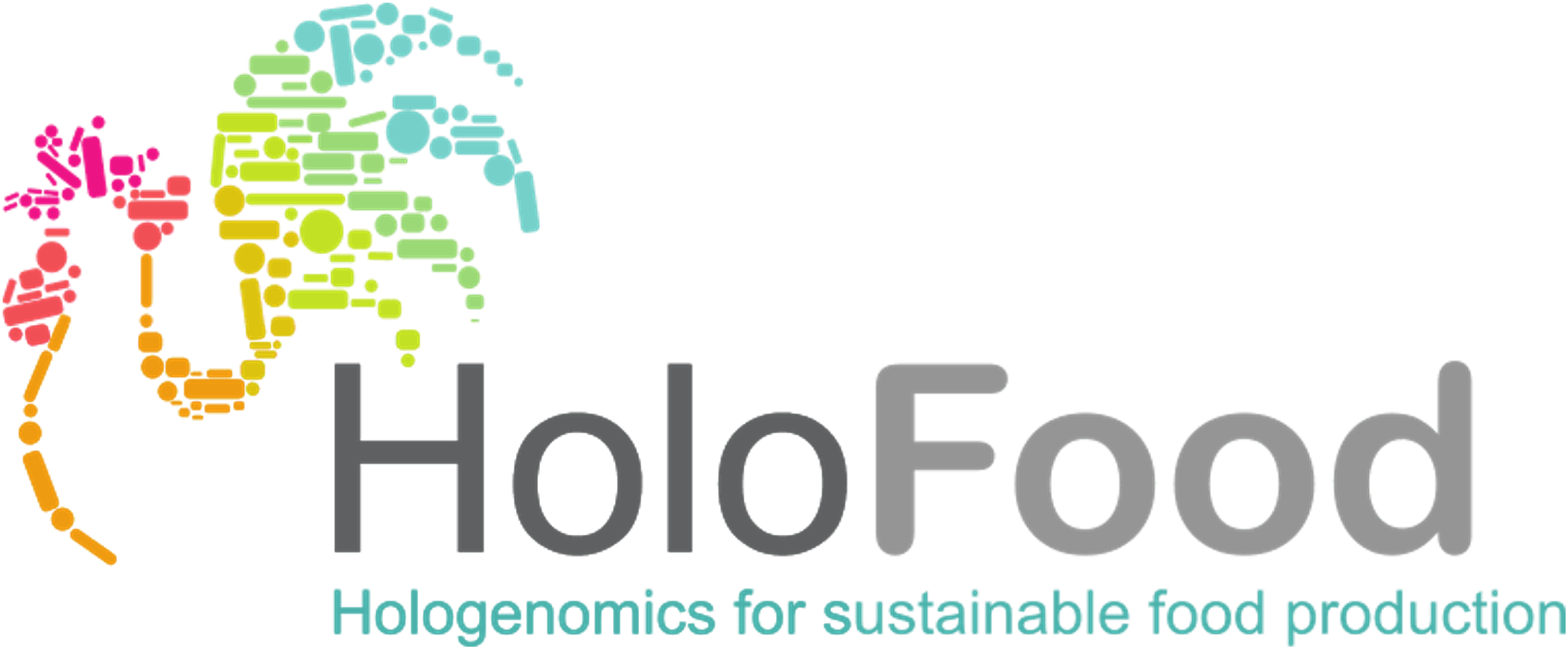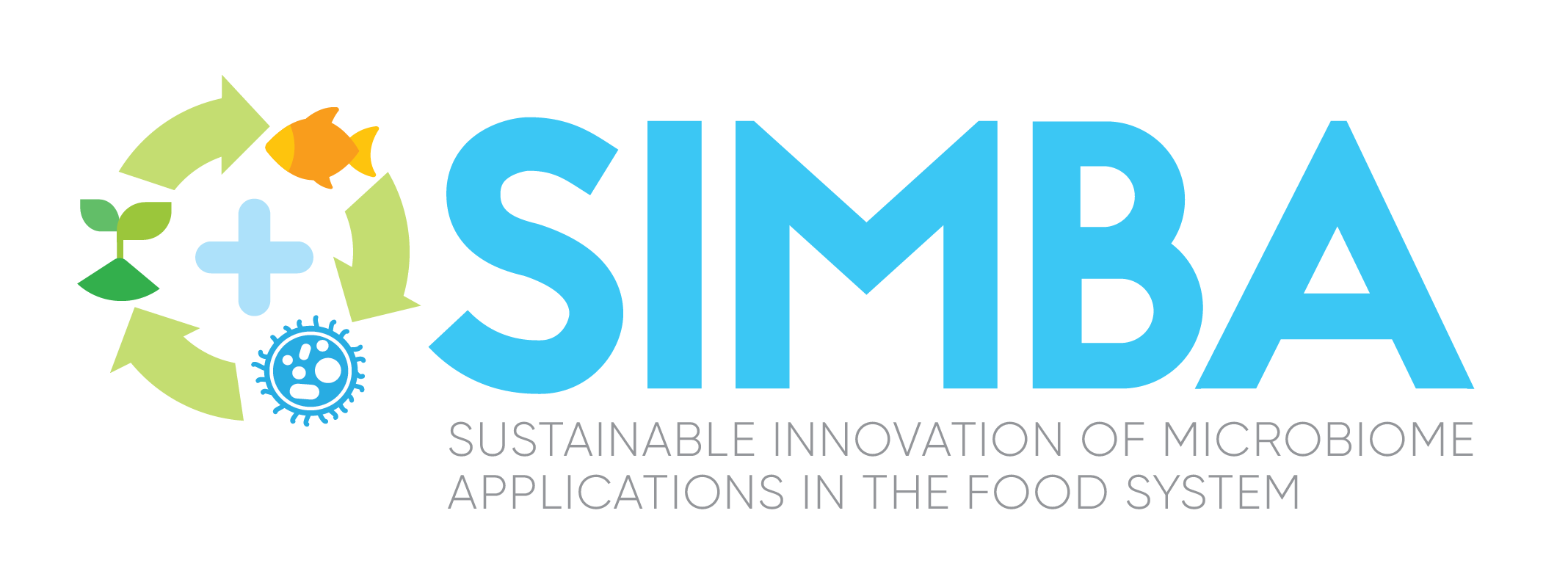UNDER CONSTRUCTION
If you want to collaborate with us please contact us via info@microbiomesupport.eu
Understanding microbiomes is one of the next great frontiers in science. Advancing this knowledge will unlock impactful solutions for individual and public health, drive innovations in food systems, and contribute to climate change mitigation. However, tackling this challenge requires addressing diverse research questions and fostering collaboration among a wide range of stakeholders.
To support this effort, we are proud to partner with various initiatives and research programs to expand microbiome literacy and bridge critical knowledge gaps. If you’re interested in collaborating with us, please reach out at info@microbiomesupport.eu. We look forward to hearing from you!
Explore these projects and initiatives through the links below to learn more. Visit the linked websites by clicking the logo.
Microbiomes4Soy: Healthier diets and sustainable food and feed systems through employing microbiomes for soya production and further use
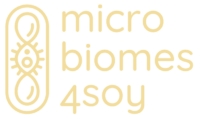 Coordinator: AIT Austrian Institute of Technology
Coordinator: AIT Austrian Institute of Technology
Duration: January 2024 – December 2028
Sister projects: WHEATBIOME & TRIBIOME
Animal proteins play a significant role in European food systems, but their environmental and health impacts underscore the importance of transitioning to plant-based protein sources. The EU-funded MICROBIOMES4SOY project adopts a multi-actor approach to comprehensively understand microbiomes along food and feed chains. Its objective is to develop second-generation microbiome applications that enhance crop productivity and improve the nutritional value and safety of soya bean seeds. Additionally, the project will develop soya bean-based aquafeeds, assessing their effects on the fish gut microbiome and health, and will evaluate the impact of dietary interventions based on soya bean-derived protein on the human gut microbiome and health. Microbiome solutions will support the transition to a healthier and more sustainable food system.
DELICIOUS: Flavour, odour and texture improvements of plant-based dairy products using microbial fermentation products
Coordinator: RISE PROCESSUM AB
Duration: November 2024 – October 2028
Sister project: FlavourFerm
The market increasingly demands tasty and healthy plant-based dairy products. Innovative tools can enhance the fermentation industry’s ability to predict product flavour, odour and texture while also reducing pollution. With this in mind, the EU-funded DELICIOUS project aims to develop a new technology for producing affordable, tasty and nutritious plant-based dairy alternatives, such as cheese and kefir. By combining microbial products with plant-based materials, the project will encourage a shift towards plant-based diets and help lower the food industry’s environmental impact. It will focus on high-protein products enriched with vitamins, fibres and probiotics. To support commercialisation, the project will conduct safety assessments, nutritional simulations, consumer testing and techno-economic evaluations, along with developing a bioinformatics tool to predict product characteristics.
DOMINO: Harnessing the microbial potential of fermented foods for healthy and sustainable food systems
 Coordinator: French National Research Institute for Agriculture, Food and Environment
Coordinator: French National Research Institute for Agriculture, Food and Environment
Duration: March 2023 – February 2028
Sister project: HealthFerm
Food and beverage fermentation dates back 7 000 years. Despite this long history, we know very little about the benefits of such a diet. The EU-funded DOMINO project will study the health impacts of a diet based on fermented food (milk kefir) on a healthy population and a cohort suffering from metabolic syndrome to better focus on health biomarkers and inform dietary recommendations. We are also missing strategies to ensure food production sustainability. The project will thus carry out six plant-based fermented food case studies within the framework of citizen science. These food prototypes will help to develop an open-access database and new computational tools for profiling food microbiomes’ metabolic interaction during food fermentation and their overlap with the healthy gut microbiome.
TRIBIOME: Advanced tools for integration and synergistic inTeRconnectIon of microBIOMEs in resilient food systems
Coordinator: ITENE![]()
Duration: January 2023 – December 2026
Sister projects: WHEATBIOME & Microbiomes4Soy
To reduce the damage to ecosystems and natural biodiversity while also maintaining food production standards, novel solutions are needed to strike a balance. The EU-funded TRIBIOME project will work towards this goal by researching and improving data on soil, human, animal and plant microbiomes, as well as their interconnectivity. From this data, the project will be able to create solutions for reducing the food industry’s resource needs and environmental impact, adopting healthier plant-based food chains and enhancing circularity. To improve their efficiency, a multi-actor approach framework will be created involving stakeholders, policymakers, investors and citizens.
FOODGUARD: Microbiome applications and technological hubs as solutions to minimize food loss and waste
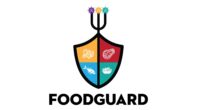 Coordinator: Agricultural University of Athens
Coordinator: Agricultural University of Athens
Duration: January 2024 – December 2026
Sister project: MICROORC
In a world grappling with escalating food waste, a silent crisis threatens the very foundation of our global food systems. Mountains of perishable goods are discarded, contributing to environmental degradation and economic losses. The urgency to find sustainable solutions is evident as we confront the dual challenges of meeting food demand and minimising waste. In this context, the EU-funded FOODGUARD project addresses the nexus of health, economics, and the environment. Specifically, its solutions aim to extend food shelf life, enhance safety monitoring, and accurately predict shelf life using cutting-edge tools. With pilot demonstrations in four countries, the project promises to minimise food loss, improve preservation methods, and foster transparency across the entire food value chain.
HOLiFOOD: Holistic approach for tackling food systems risks in a changing global environment
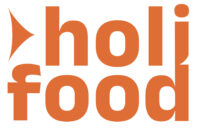
Duration: October 2022 – September 2026
Sister project: FoodSafeR
Funded by the European Commission, HOLiFOOD seeks to modernise and enhance food safety risk analysis across Europe, addressing emerging challenges with a forward-thinking approach. By integrating artificial intelligence (AI), big data, and stakeholder engagement, HOLiFOOD aims to revolutionise food safety risk assessment and management, ensuring a more proactive and adaptive system. Its holistic approach recognises that food safety is deeply intertwined with economic, social, and environmental factors, addressing not just food contamination risks but the broader conditions in which food is produced. A key focus of the project is enhancing food safety identification and assessment in three critical supply chains—maize, lentils, and poultry—selected for their significant production volumes, economic impact, employment contributions, and vulnerability to contamination in the EU. The project is set off by various areas that address food safety.
HealthFerm: Innovative pulse and cereal-based food fermentations for human health and sustainable diets
 Coordinator: KU Leuven
Coordinator: KU Leuven
Duration: September 2022 – August 2026
Sister project: DOMINO
Food fermentation is a natural process in which food components are converted by microbial growth of desired yeast and bacteria and enzymes. It is an ancient technique purported to promote the growth of beneficial bacteria in the gut. Food and health experts on the EU-funded HealthFerm project will advance fermentation technology and enable the transition from traditional to sustainable grain-based fermented foods. These will be rich in protein and designed to offer maximum health benefits to EU consumers. For optimal results, they will unravel the relationship between fermentation, the gut microbiome, grain-based foods and health. Moreover, they will identify and employ suitable microorganisms in the development of novel grain-based food sources and assess their impact on gut health.

